Berlin Film Festival 2016: Gianfranco Rosi: An Interview with the director of Fuocammare (Fire at Sea)
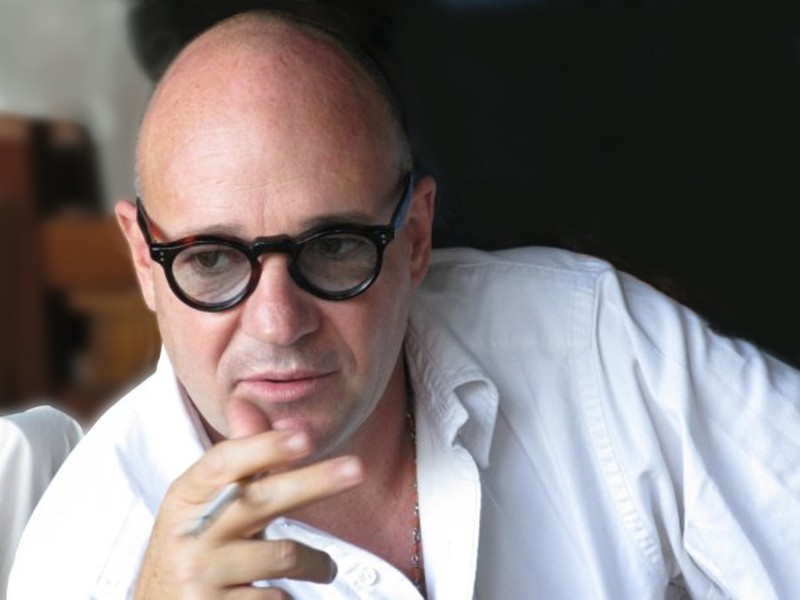
Speaking at a press conference at the 2016 Berlin International Film Festival, director Gianfranco Rosi described the current European refugee crisis as “…perhaps after the Holocaust, the greatest tragedy we have ever seen in Europe.” This tragedy has been intimately and powerfully presented in his documentary Fuocammare (Fire at Sea), which was shot over the course of 18 months on the Sicilian island of Lampedusa. We spoke with Gianfranco Rosi on the sidelines of the festival in Berlin, and he talked about how he was able to gain the trust of his interviewees (which apparently led to a few free meals), and why it’s important for him to be discreet while filming.
You said the project started from a small idea that wasn’t necessarily planned as a feature-length documentary. How did the project grow?
The producers asked me to go to Lampedusa to shoot a small scene, something like ten minutes. When I got there I understood that I couldn’t do something for just ten minutes, and then the whole thing expanded. And it became a bigger project, like one and a half years.
How do you know when to stop filming on a project like this?
People ask me about the difference between my film and something that you might see on the daily news. I arrived in the place before the tragedy, and the news would only shoot after the tragedy, after it gets loud. I started from a very quiet moment, and then slowly, slowly, slowly, things start moving in a certain direction, and only then in September I shot one of the tragedies you see in the movie, where people are dying in front of you. The tragedy came to me. And that for me was the end of the film.
Was it difficult to get your subjects to open up to you, given the rather difficult topic?
The most difficult thing for me was to get the trust of the people and I had to tell them I was making a different style of film. It was not hard because I had someone from the island who became my assistant and he knew everyone, so I could get intimate with people, and be invited into their homes, and eat with them… because you eat a lot in Lampedusa.
You shoot alone and record the sound yourself. What are the benefits of this?
The most important thing was to gain the trust of the people, but also to be invisible. Nobody knew I was shooting because I was alone. When I shoot, I shoot very little. I don’t shoot everyday, filming, filming, filming… It was very funny, because last summer, in June, a big crew came to make a movie, and I had already been there shooting for six or seven months. And I had actually made most of my movie. I was all alone, filming in small places, in the streets, in the little houses. And when this big crew started working, people thought it was my film, and they said, “What do you mean you’ve already been filming?” And of course, it would be expensive to have a year with other people in the crew, I would have to pay them. It’s something that you cannot afford. I don’t have to pay myself. I just have to eat and sleep. And working alone gives me freedom of time and gives me intimacy with the people I talk to. It’s different if I was here, and the camera guy was there, and the sound guy was over there.
It sounds like perhaps the most difficult part of the process was editing all your footage into the final film. Was editing the film a complex task with all the difficult images you captured?
When editing you can really f**k it up. If a scene would be two seconds longer, or a frame longer, and it’s like… how long do I show this image on screen? Editing is about timing, when to leave something, when you go back to something. When you edit it’s like a Rubik’s Cube. So many combinations, but only one is right.
Oliver Johnston
Read our review of Fuocammare here.
Read more of our reviews and interviews from the festival here.
For further information about Berlin Film Festival 2016 visit here.











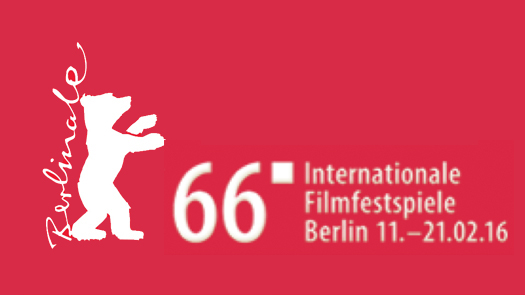
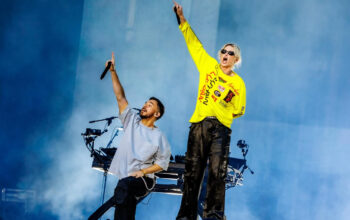
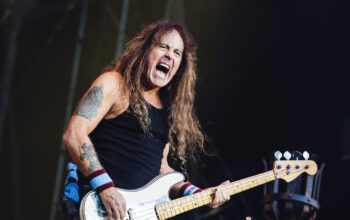

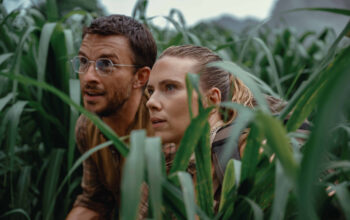


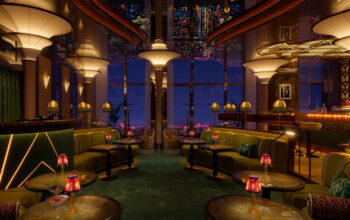
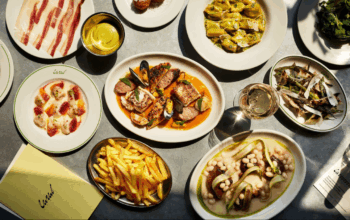

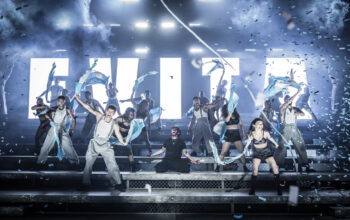

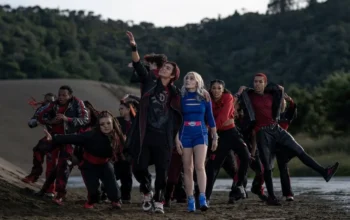
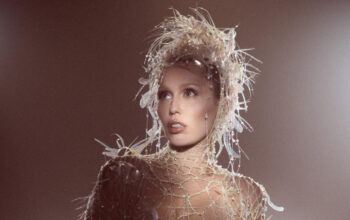


Facebook
Twitter
Instagram
YouTube
RSS